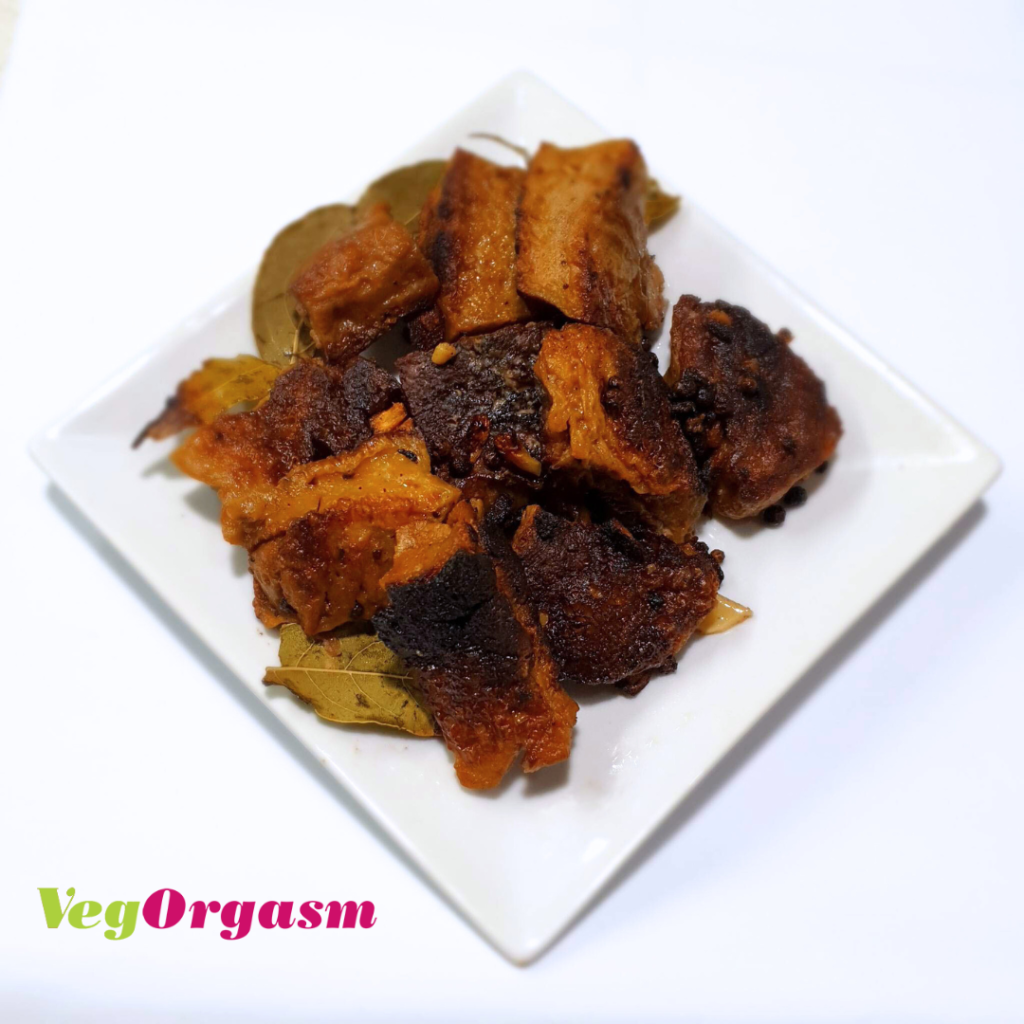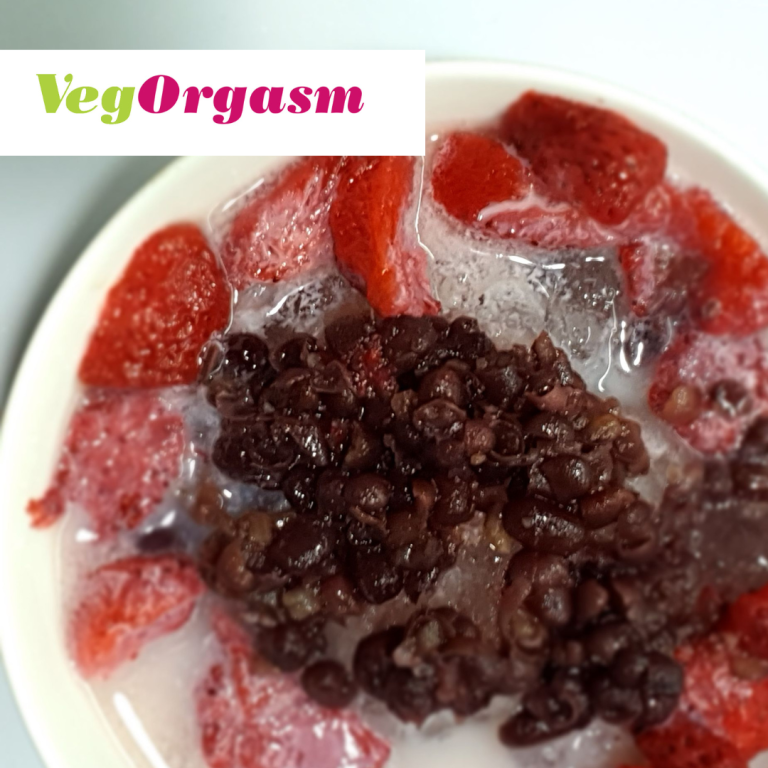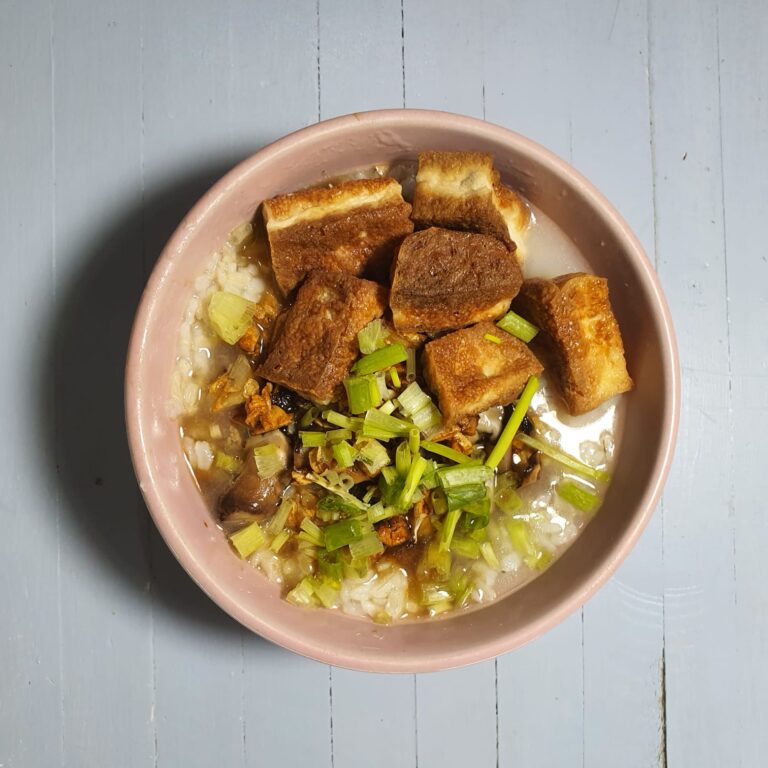Today I found myself pondering about the meaning of freedom. It is indeed a concept as multifaceted as the flavours of a vegan platter. Whether true liberation has been achieved is a question that sparks fiery debate, one that varies depending on whom you ask.
As history weaves its intricate tapestry of events, so too does the culinary heritage of the Philippines reflect the vibrant mosaic of cultural influences. Before the arrival of foreign powers, the archipelago was already a sanctuary for diverse communities, each cherishing its distinct culinary traditions. From the majestic Cordillera mountains to the captivating coastal regions, nature gave us a cornucopia of ingredients that formed the very foundation of pre-colonial Filipino cuisine.
So, no matter how shallow or contrived it may seem, let us celebrate the spirit of independence. For this, let us journey back in time and immerse ourselves in the flavours that graced Filipino tables long before the arrival of foreign influences. Today, our focus lies on a hidden gem, a captivating variation of the beloved adobo: Adobong Puti.
You may be familiar with the most common rendition of adobo, marinated and stewed in soy sauce and vinegar. But let us cast off the shackles of Chinese influence and embrace the purity and sensuality of adobong puti. Surprisingly, it is the simplest of ingredients (like the humble lugaw) that work in a harmonious symphony: garlic, bay leaves, peppercorns, salt, and the tantalizing tang of cane vinegar or any white vinegar of your choosing.

My Granddad used to cook this a lot and it was the preferred adobo version in our household. I am a full-grown adult (I think so, at least) and this takes me back to my carefree days. Now, I make my vegan version using Healthy Foodie’s easy “pork” belly. Served with steamed rice, this meal is perfect for any day of the week – Independence Day or not. Whether you are pondering the complexities of Philippine independence or the quagmire that is Philippine society and politics – but is particularly fitting for days when you are terribly missing someone who is 6,907.95 km from you – and how you wouldn’t believe it when he told you that the word “adobo” derived from the Spanish “adobar” meaning to marinate or to pickle. Alas. Like my childhood and my time spent with that guy now in Dubai, not all good things are meant to last.
Ah….history…it is really a cruel and non-forgiving and ever-revolving wheel. Thirty-seven years after ousting a dictator, we find ourselves with his son assuming the presidential mantle. This leaves me again to wonder, what’s in store for the Philippines, be it in another 37 or in a hundred years, remains uncertain, with challenges such as climate change and political dynasties casting their shadows.
Who knows, right? In the meantime, let us drink, be merry, and feast on adobong puti.



